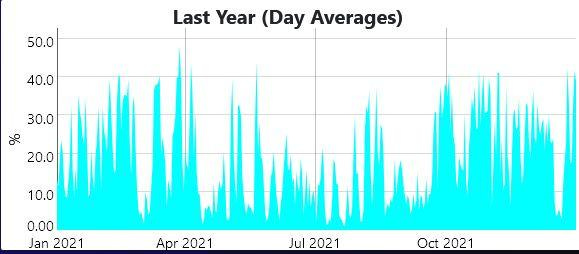First was the 'Assisted Dying for Terminally Ill Adults (Scotland) Bill'introduced on 27 March 2024 by Liam McArthur MSP (Lib Dem). There is no specific limit to the sufferer's expected remaining life: 'a person is terminally ill if they have an advanced and progressive disease, illness or condition from which they are unable to recover and that can reasonably be expected to cause their premature death.' The Bill does not define the term 'premature' but the World Health Organisation seems to be working with age 70 as a marker, outside Africa.
Next was (Labour) Lord Falconer's 'Assisted Dying for Terminally Ill Adults Bill', drawn second of 25 Private Members' Bills (PMB) in the House of Lords and given its first reading on 26 July. It's not clear how many slips were in the red box though the administrator says typically it might have 'say, 100 or so entries in it.' So, a 1 in 4 chance of being pulled out.
Falconer's Bill is narrowly worded and covers cases where the patient is predicted to die within six months. It was to have received its second reading on 15 November but he withdrew it in favour of (Labour) Kim Leadbeater MP's Bill, introduced 16 October, to 'allow adults who are terminally ill, subject to safeguards and protections, to request and be provided with assistance to end their own life.'
Leadbeater's text hasn't yet been published but will be debated on 29 November. Hers was drawn first of the 20 in the Commons PMB ballot (another lucky shot!) but she has been vague about the death prognosis: '6 months, 12 months.'
All three Bills are only for 'adults', which in England and Wales means 18 years old and over, but in Scotland people have full legal capacity at 16. In Belgium and the Netherlands children have already been mercy-killed but for now at least, the British attitude is, to adapt an old saying, 'euthanasia is wasted on the young.' Doubtless we'll catch up with more progressive nations in due course.
All three are predicated on using medically prescribed lethal drugs. The Scottish Health Secretary has said that McArthur's Bill is 'ultra vires' in this respect for the Scottish Government. On the other hand Holyrood's presiding officer has said that she is confident the Bill is indeed within Scotland's powers; and McArthur is 'very confident' that the UK and Scottish governments would work together to ensure it becomes law if backed by MSPs.' Where there's a will…
Despite Dignity In Death's enthusiasm and Dame Esther Rantzen's celebrity endorsement, euthanasia opens up a can of coffin worms. Jack King's book on the subject shows that the medical procedure is not guaranteed to be either swift or painless. If the only consideration is the patient's experience rather than a potentially misleading show for witnesses, a near-instantaneous and absolutely certain method would be a bolt gun to the head, as used to kill cattle.
Also, there is the question of authorisation. Lord Falconer's Bill (section 3 para 4 subsection c) says the patient must show they have 'a clear and settled intention to end their own life which has been reached voluntarily, on an informed basis and without undue influence.' Set a good brief to work on those adjectives, especially what counts as 'undue' influence. Already the Archbishop of Canterbury has warned that a right to die may easily become, in the patient's mind, a 'duty to die.'
And how well 'informed' will the patient have been on pain management, palliative care, hospices? Is there an undeclared official intention to starve these alternatives of funds and make death by doctor the quick 'n' easy solution, a big money-saver for the NHS and Treasury?
Ironically the Right are accused of loving wealth too much, yet some on the Left - like George Bernard Shaw in this 1931 speech - measure the value of individuals in brutally economic terms and are prepared to cull those who have become a burden. Is their real emphasis less on mercy and more on killing?
Published earlier on the Bruges Group blog



